
Opinions
18:52, 08-Jan-2019
China adjusts its fiscal policies to seek new drive for economic growth
Updated
17:59, 11-Jan-2019
By CGTN's Dialogue
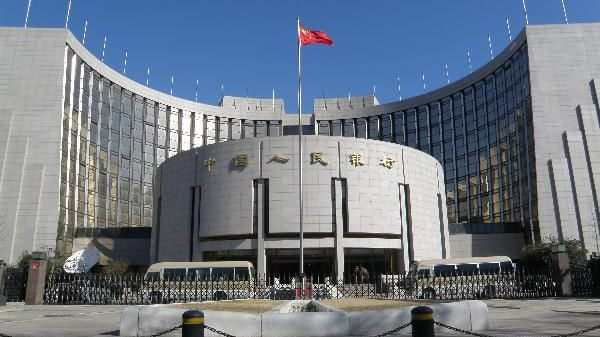
In the context of worldwide economic uncertainty, the Chinese economy is confronted with new downward pressure. But with a series of fiscal policies coming out after the annual Central Economic Work Conference held this past December, China is seeking to accelerate a shift in its economic model to new drivers of growth.
Last Friday, China's central bank, the People's Bank of China (PBOC), announced that reserve requirement ratios (RRR) would be lowered by one percentage point, with half applied on January 15 and the other half on January 25. The cut in the banks' reserve requirement ratios is the first in 2019.
Liu Zhiqin, senior fellow of the Chongyang Institute for Financial Studies at the Renmin University of China, believes this is a very necessary move to solve the long-term problem that lies in the Chinese economy.
“The very challenging problem last year we're facing is that the relation between monetary policy and the real economy cannot be well managed. That's why people always asked for proactive fiscal policies –when the market is demanding for more money supply, we have to give enough supply. At the moment, we have cut the RRR in order to give more liquidity, to have more import in the market, giving more confidence to the market and investors.”
“This is a very old story we have discussed for many years, but till now, we don't have any good outcome or option. Only two possibilities, if not interest cut, then tax cut, what else? We have to improve our policy tools to meet demands of the market.”
01:14
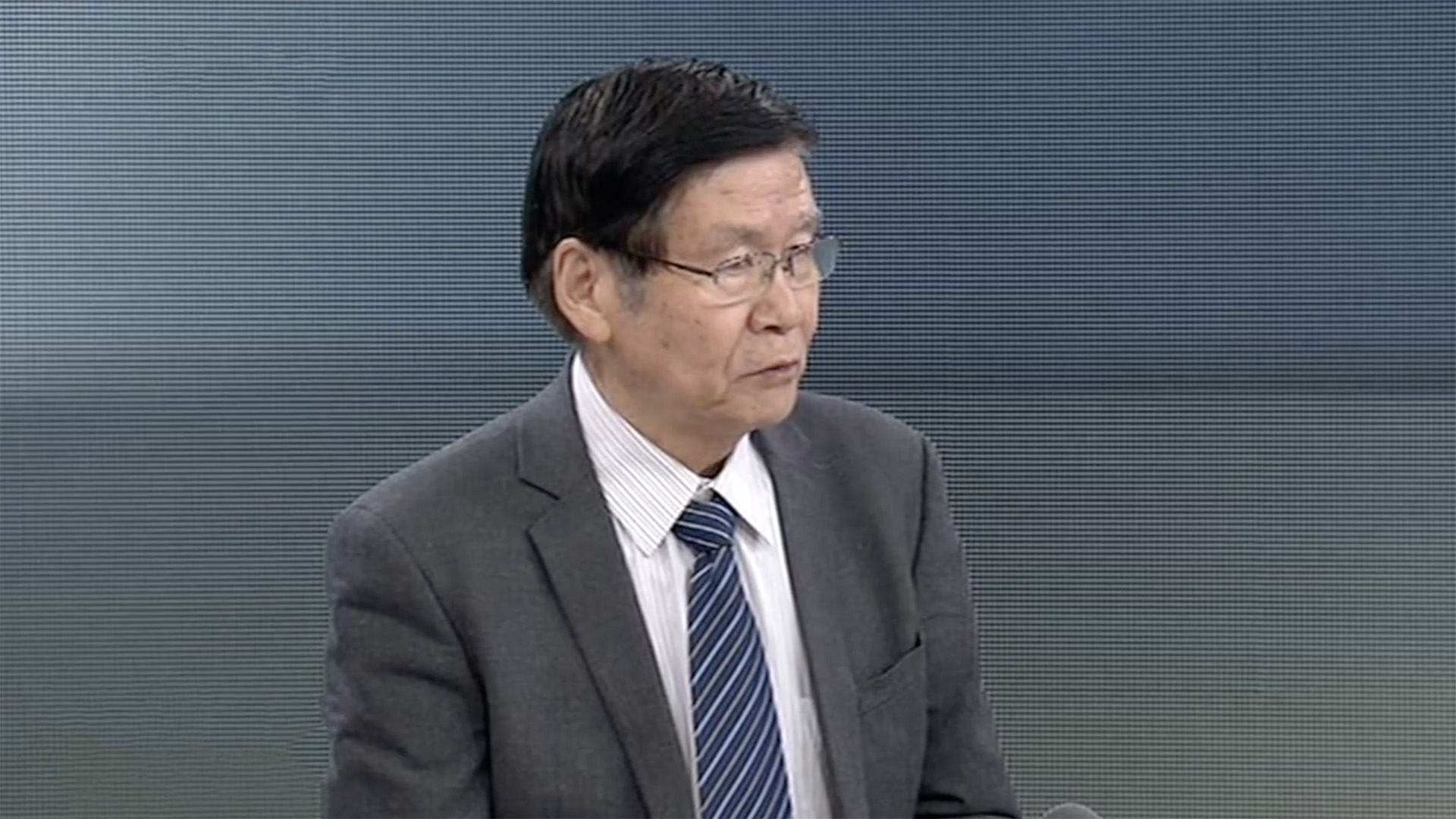
Mao Daqing, Founder and CEO of UCommune, and also an expert on real estate sector, believes this move will finally ease the financing burden on the real economy, and “mainly enhance the science and technology, and innovative part”, the financial flow “will not go to the real estate market too much” and the policy will hardly have any impact on “the housing prices”, he added.
00:48
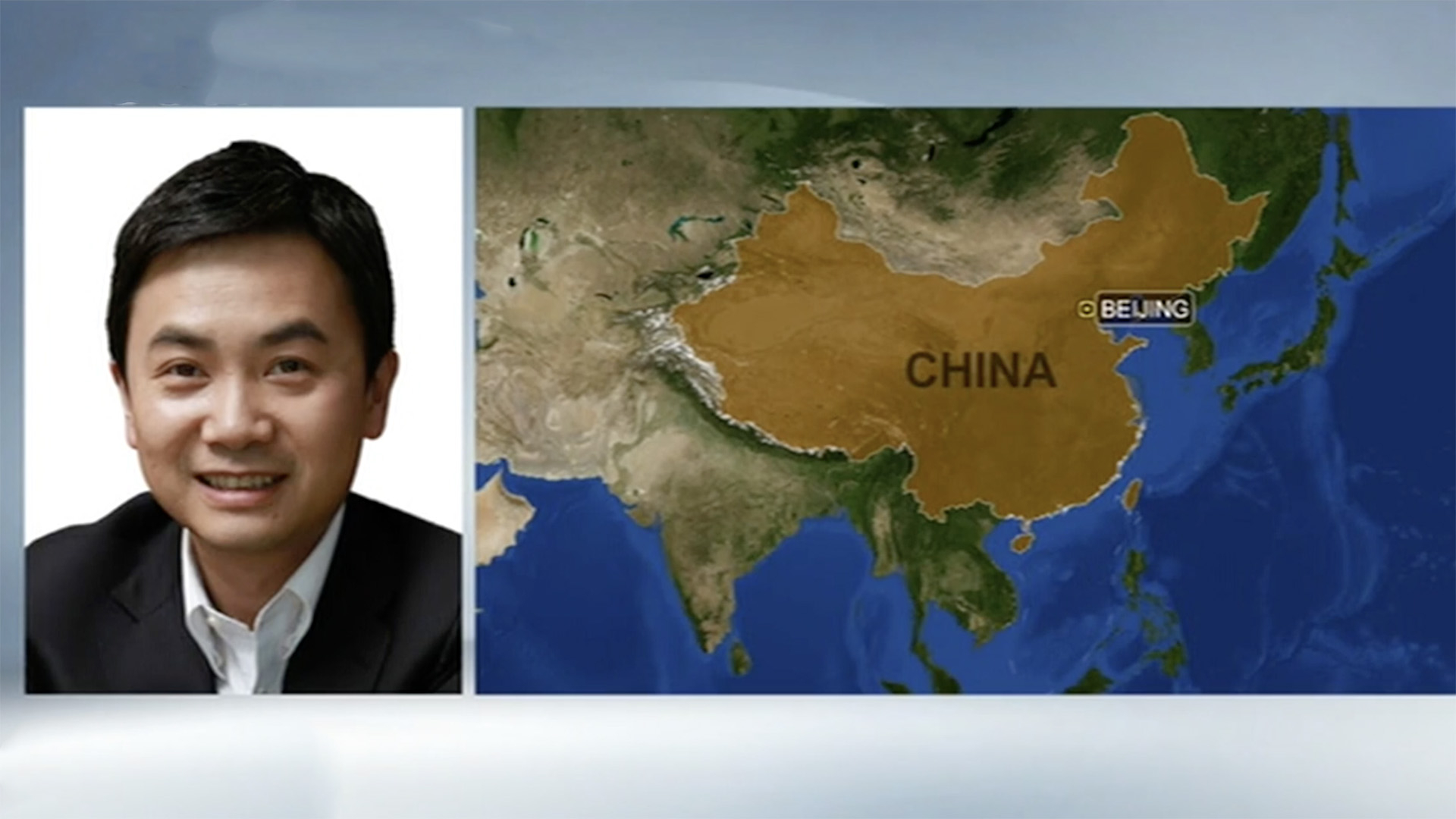
On the same day of RRR cut, Premier Li Keqiang also emphasized during a meeting with leading Chinese banks, that China should continue to intensify its support for the development of the private sector, and small and medium-sized enterprises (SMEs) to boost the vitality of market entities and enhance their confidence.
President of the Center for China and Globalization, Wang Huiyao stressed the important role of the private sector in China. He also called for more changes of concept within the Chinese banking system.
He said: “The private sector is the backbone of China, providing 90 percent of employment, 60 percent of tax revenue, and 70 percent of innovation… during the last five years, we see a lot of emphasis on the state-owned enterprises. The state-owned banks – the five largest banks in China, certainly want to lend loans to the state-owned corporations.
"As the stock market is coming down 25 percent-30 percent, we see a lot of small and medium-sized companies losing money. If the banks do not trust the SMEs and do not want to lend loans to them, China's gonna be in trouble.”
01:13
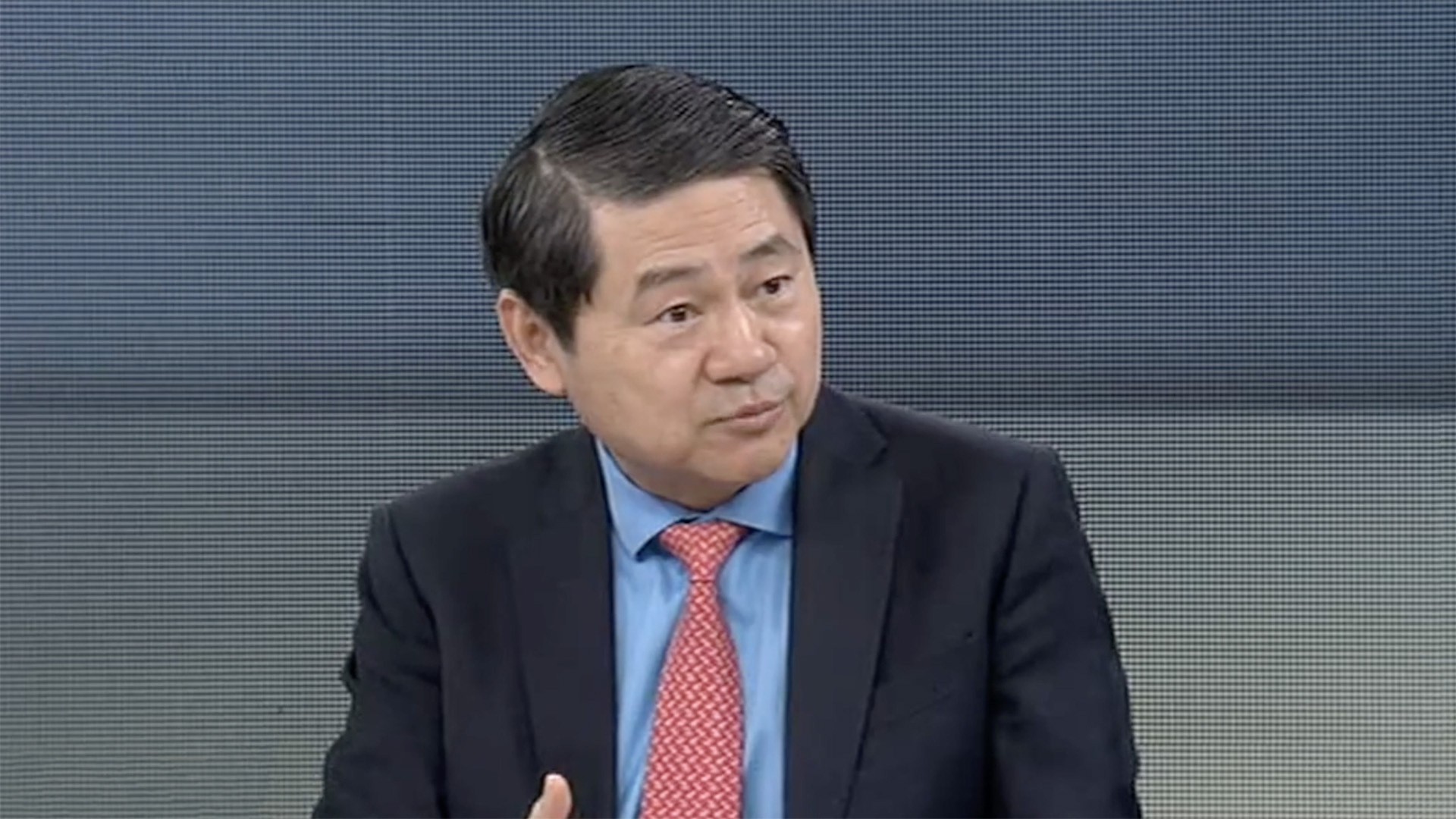
As for another fiscal move, additional individual income tax deductions also attracted wide attention. This is seen as a highlight of China's individual tax reform. Wang welcomed this great move but also expressed his worries about its implementation. “Now this new system just went into effect, it's a new learning process. Furthermore, there's also a social security fee that was originally sent but now it will be taken by the tax bureau, now they're gonna delay that – which is a huge debate and huge concern for the small and medium-sized enterprises because we haven't really enjoyed the tax benefit yet.”
01:28
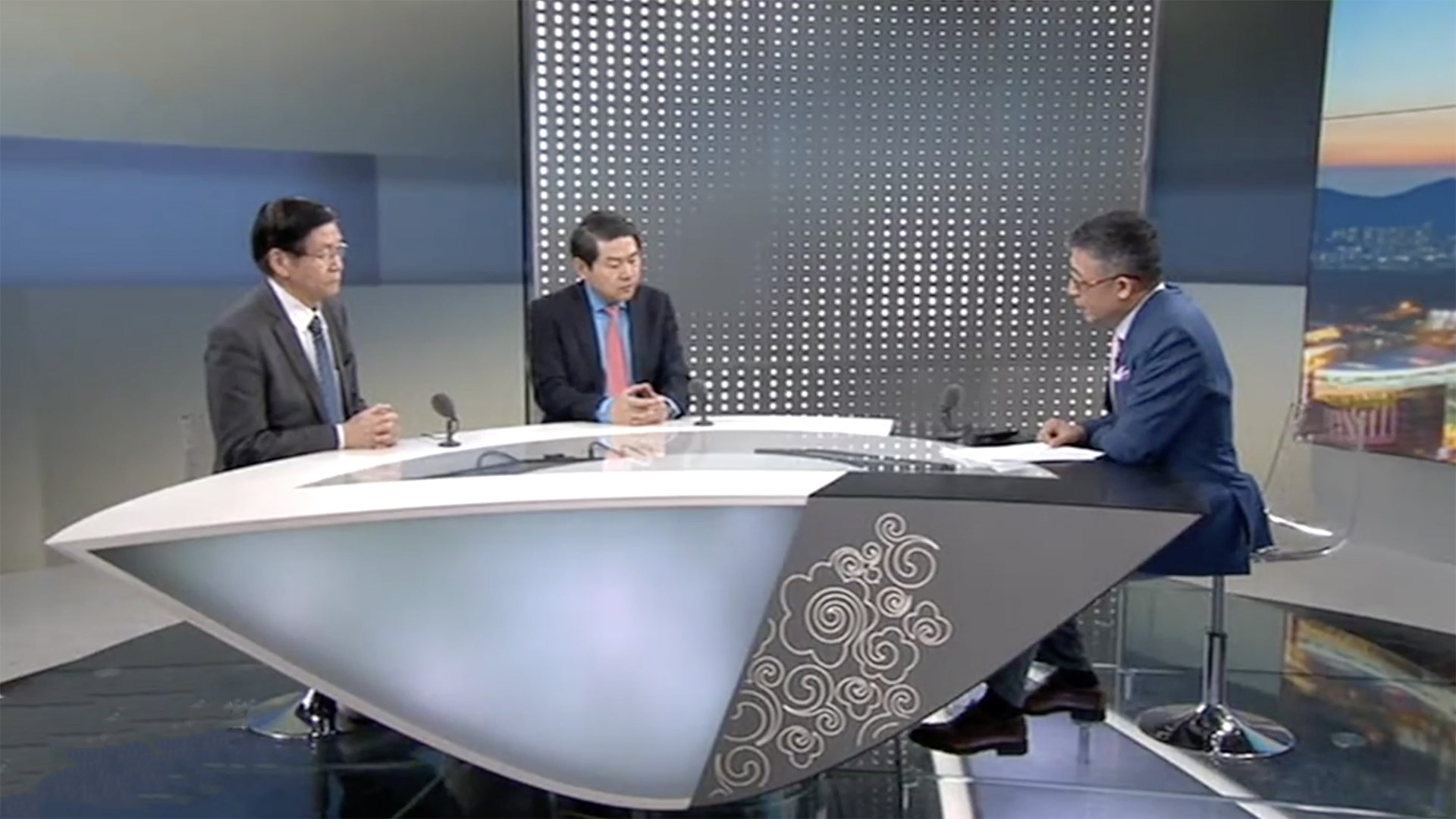
(If you want to contribute and have specific expertise, please contact us opinions@cgtn.com)

SITEMAP
Copyright © 2018 CGTN. Beijing ICP prepared NO.16065310-3
Copyright © 2018 CGTN. Beijing ICP prepared NO.16065310-3